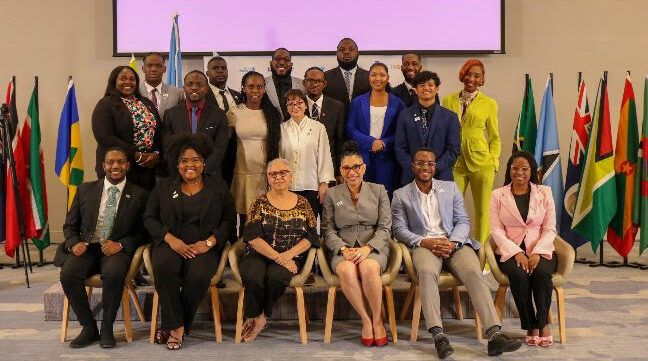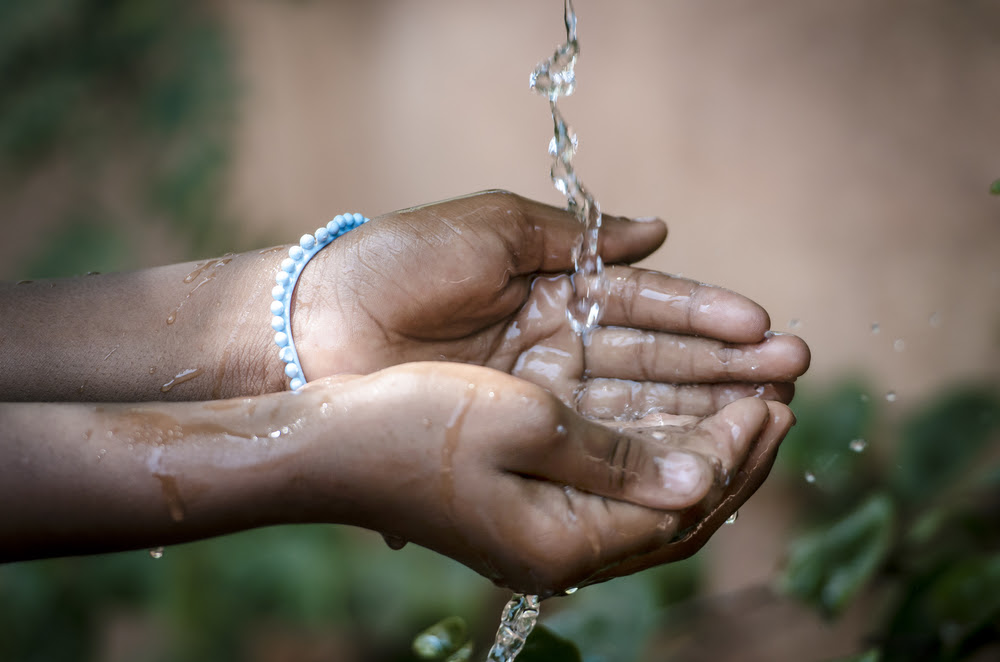Caribbean Community (CARICOM) leaders have joined their counterparts from Mexico and Uruguay in formalising a plan to address the complex situation that relates to Venezuela, through an initiative called the Montevideo Mechanism.
A statement issued by the Office of the Prime Minister in Trinidad and Tobago, noted that the initiative is a response to a call by the United Nations Secretary General, Antonio Guterres, to find a pathway to a peaceful resolution through dialogue and from a position of respect for International Law and Human Rights.
“The historical stance of the countries that have agreed to this approach, is and will always be, to advance diplomacy over other alternatives, as it is the only way to achieve sustainable, legitimate and effective peace and stability. This initiative is offered to all Venezuelan actors as a peaceful and democratic alternative,” the statement said.
St. Kitts-Nevis Prime Minister Dr. Timothy Harris is leading a CARICOM delegation to the meeting in Uruguay. The delegation includes the Barbados Prime Minister Mia Mottley, her Trinidad and Tobago counterpart, Dr. Keith Rowley, the Belize Foreign Minister Wilfred Elrington and the CARICOM Secretary General Irwin LaRocque.
CARICOM leaders have called for a non-interventionist policy regarding Venezuela where Opposition Leader Juan Guaidó, backed by the United States and several other western countries, has declared himself the interim leader of the South American country.
But Russia, China and Cuba are among countries that are supporting President Nicolas Maduro, who was sworn into office last month for a second consecutive term as head of state.
The governments of Mexico and Uruguay have called for the conference with representatives from the main countries and international organisations that hold a neutral position towards Venezuela.
According to the statement, the Montevideo Mechanism, “evidence of an active, proactive and conciliatory diplomacy to bring the disputing parties closer together, avoid conflict and violence, is guided by the principles of non-Intervention, legal equality of the States, peaceful solution of the controversies, respect for human rights and self-determination.”
The statement said that based on the experience of the signatory countries a four-phased process is being proposed.
These include creating conditions for direct contacts among the actors involved, in an environment of security, strategic presentation of the results of the previous phase to the counterparts, seeking to find common ground and areas of opportunity to allow the relaxation of positions and identify potential agreements and the construction and subscription of agreements based on the results of the negotiation phase, with the characteristics and timeframe, previously agreed upon.
The fourth phase, described as the “Implementation Phase,” will allow for the materialisation of the commitments assumed in the previous phase, with the international accompaniment.
“The subscribers of this statement agree that the complexity of the circumstances should not be a reason to dismiss the diplomatic channels for dispute settlement, and reiterate its decision to help restore the tranquillity to the Venezuelan people, through dialogue and peace, reducing tensions between political forces and to avoid the threat or use of force.
“Likewise, the governments reiterate their concern about the serious humanitarian situation and respectfully exhort all parties to guarantee the validity of the human rights and the freedoms established in the UN Charter, subscribed to by Venezuela,” the statement said.
It said that the Montevideo Mechanism “is a proposal to guarantee a peaceful and democratic solution that prevents an escalation of violence.
“In the event that the parties decide to communicate, Mrs. Rebeca Grynspan, former Vice-President of Costa Rica and current Ibero-American Secretary General, Mr. Enrique Iglesias, Mr. Bernardo Sepúlveda, ex Foreign Ministers of Uruguay and Mexico, and a High Ranking Representative of CARICOM ( to be named), all personalities of recognised international experience and moral quality, have been selected to advance this Mechanism.”
The CARICOM delegation is scheduled to have a meeting with the European Union delegation Contact Group on Thursday, the statement added.





The main problems here is the opposition leader which is backed by the United States, to over through the rightful government. He and his crew should be arrested for trying to over throwing the rightful government, that is the main issues the United nations should be more focusing on. Over the years the region being getting cheap oil from the Venezuelan government, but the United States want to control it.Then he can sold the oil for a higher price, then creating more hardships on the poorer countries in the region. I don’t really seeing the United nations helping the poorer from the times it was founded, if you checked all their records. They are only taking sets on the poorer countries in the world, and let the bigger countries gets away with a lots of things.
Keep the doors to a peaceful solution open. Thanks Rowley